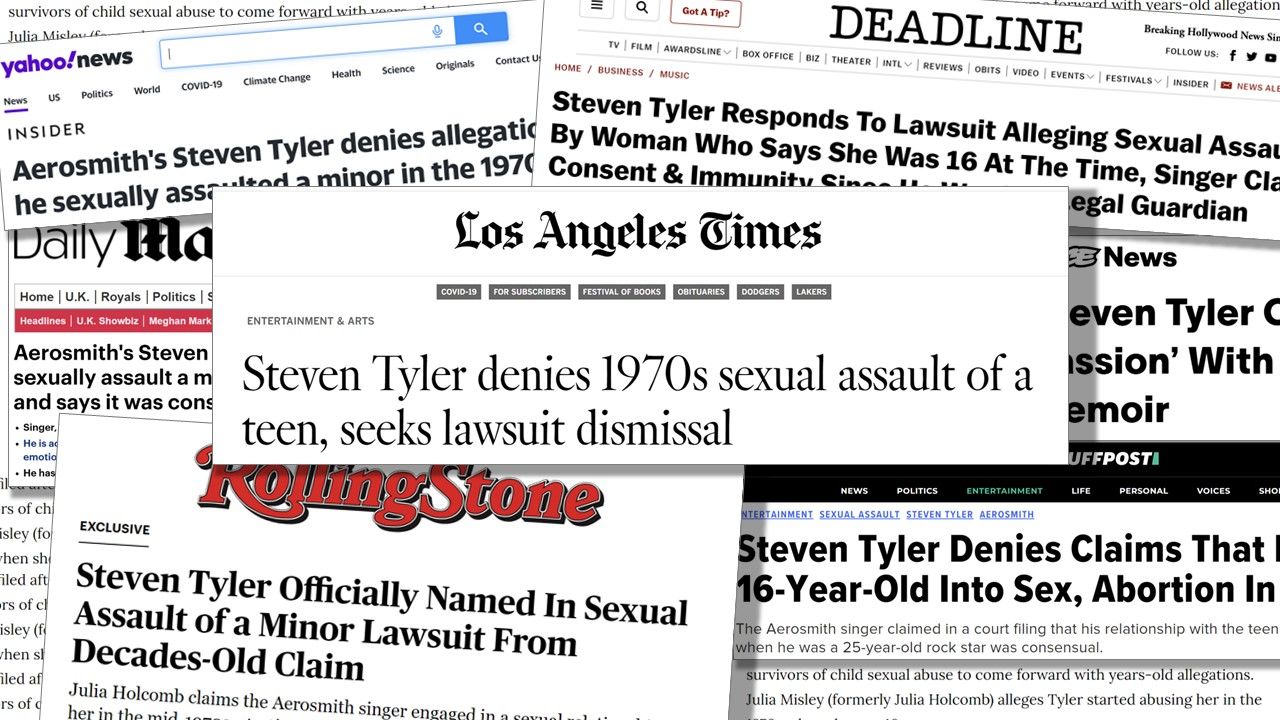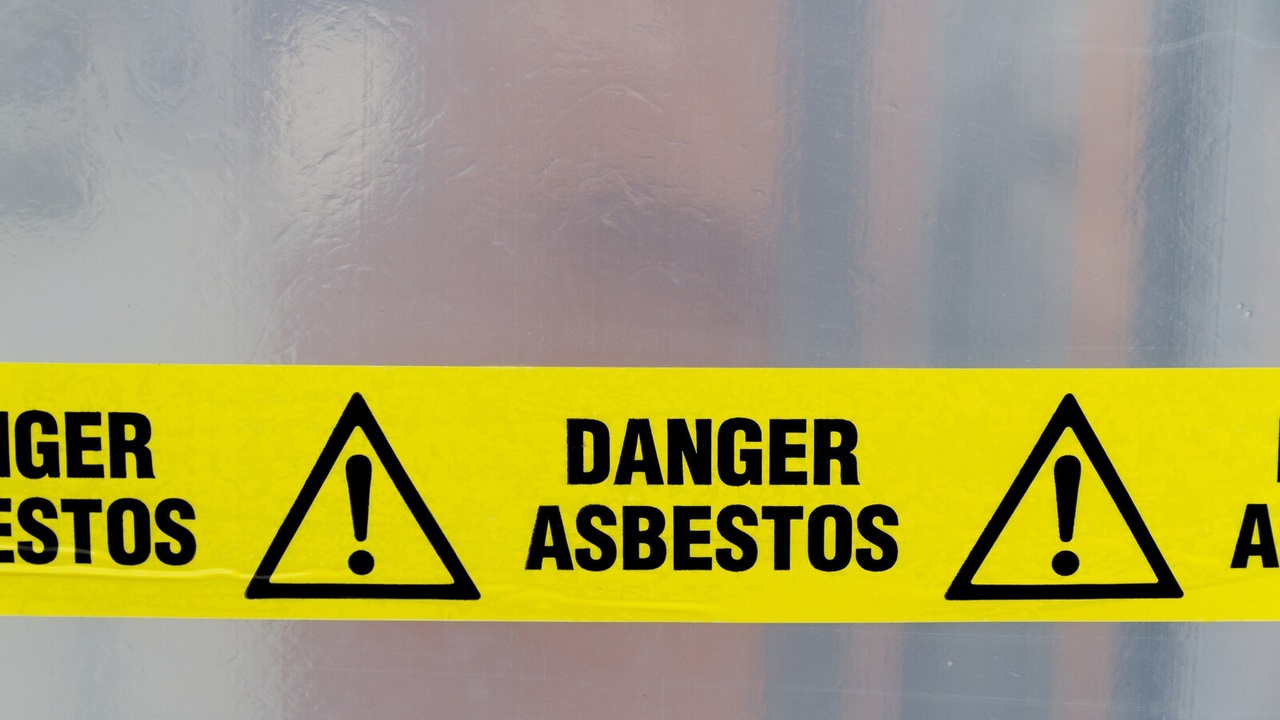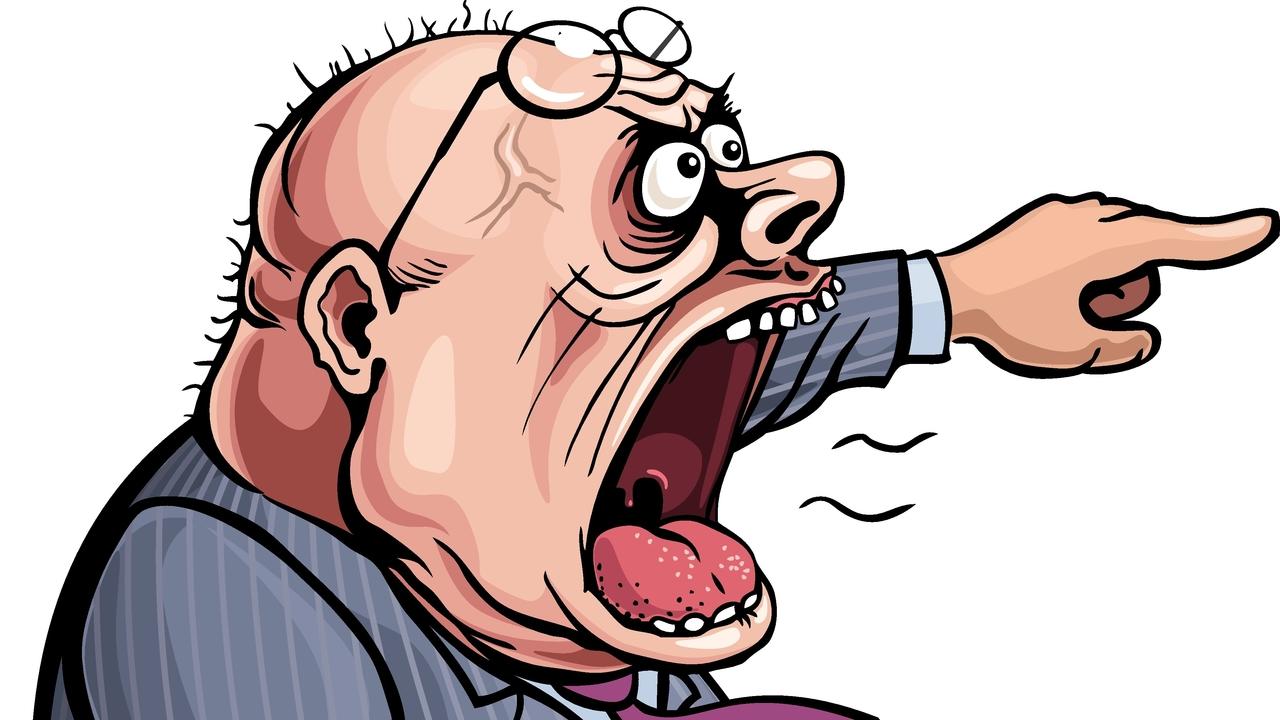Articles
Livin' On The Edge: Steven Tyler and Party Admissions

A few months ago, the Los Angeles Times ran a story about a lawsuit recently filed against Steven Tyler. The plaintiff alleges she met the Aerosmith frontman backstage in 1973, and she chronicles their relationship that evening and thereafter. According to the plaintiff, Tyler talked her into joining him on the road (after she finished her sophomore year in high school) and "persuaded [her] into believing this was a 'romantic love affair.'" The complaint is remarkably detailed given the passage ...
California's Secondary Evidence Rule: Helpful, Yes. But Not an End Run.
Must documents always be produced to proof their contents? What if the documents are lost or missing? California's secondary evidence rule (Cal. Evid. Code §§ 1521 - 1523) provides a commonsense approach that begins with a simple general rule: "The content of a writing may be proved by otherwise admissible secondary evidence." Cal. Evid. Code § 1521(a). But this general rule of admissibility does not apply if the court finds either (1) a genuine dispute exists concerning material terms of the wr...
Strobel v. Johnson & Johnson: Got a Hearsay Problem? Don't Give Up ...

Beyond knowing the mechanics of the rules of evidence, effective advocates use the rules as weapons of persuasion. And like any legal doctrine, spotting the key issue is essential—even if it's not the most obvious. There's reference to an out-of-court statement? Many lawyers jump straight to a hearsay analysis. But with hearsay having so many exceptions, the most obvious objection may not be the most effective. What about relevance? What about foundation?
Equally important is the ability to ad...
Ajaxo v. E*Trade: "May" Does Not = "Must"

This Land is Your Land ... Actually, this Land is My Land (Because My Dad Told Me)

When it comes to hearsay, one method of spotting objectionable hearsay is to consider whether the probability of the evidence being true (or not true) turns on the credibility of someone who cannot be cross-examined. As Justice John Marshall wrote in Queen v. Hepburn, 7 Cranch 290, 296 (1813), "[i]ts intrinsic weakness, its incompetency to satisfy the mind of the existence of fact, and the frauds which might be practiced under its cover, combine to support the rule that hearsay evidence is total...
Waiving Privileges: Existence, Purpose, or Significant Part?

When it comes to privileges and evidence, determining when a waiver has occurred can be tricky. It's a little like knowing when an egg is boiled. While some like runny yokes, others want a virtual powdering to soothe any fears of Salmonella. Judges of eggs are just like judges of law: they're human. What may be a waiver to one may not be a waiver to another.
Fortunately, case law provides some guidelines for attorneys to at least understand how waivers should be analyzed. Fish v. Superior Cou...
Expert Witness Declarations: Admissible Opinion or Jargon Word Salad?

"I'll see you in court!" It's one of those lines that seems to make its way into any courtroom drama. But like a judge banging a gavel, some things make for good television but never actually happen in real life.
This is not to say lawyers are immune from having their share of meaningless colloquialisms. Take "battle of the experts." Attorneys toss around this phrase to describe certain cases or trials as basic coin flips. That upcoming trial about an allegedly defective widget? Don't ask me. ...
To Examine Or Not To Examine Your Client At Deposition? That is a Question?

When it comes to party depositions, they are typically one-sided affairs. The adverse party notices the deposition, asks a slew of questions, and that, almost always, is that. Asking questions as the defending attorney feels like an unnecessary risk. Especially if the deposition has gone reasonably well, prolonging the affair by asking your own client questions seems foolhardy. It feels a little like "just stopping by" the roulette table after a reasonably good night of Blackjack. Sure you might...
Riffing on Rifkind: Handling The Improper "Instruction Not To Answer" At Depositions

There is no referee in pickup basketball. The result? There is invariably more traveling. No one gets called for three seconds in the key. And if the teams cannot self-regulate themselves, "aggressive" defense soon means broken noses and bruised elbows.
Depositions are like the nerd version of pickup basketball. Without a judge regulating the proceedings, quarrels about what questions are or are not objectionable can spiral downward with maturity and poise being among the dispute's first casual...
Impeachment Basics: The ABCs of Challenging Witness Credibility

When questioning witnesses, the principle of impeachment simply means the introduction of evidence that may cast doubt on the credibility of the witness or the validity of the testimony. There are countless ways to impeach a witness. California Evidence Code section 780 identifies the most common methods, but they are expressly non-exhaustive: “[T]he … jury may consider in determining the credibility of a witness any matter that has any tendency in reason to prove or disprove the truthfulness of...




